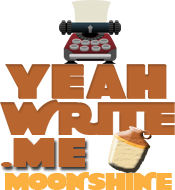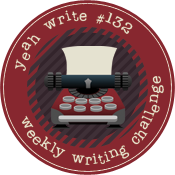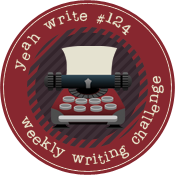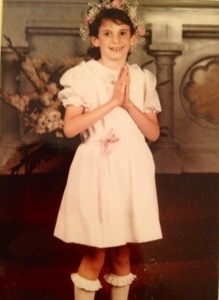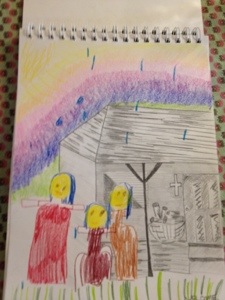There are some things about me that I can’t tell you.
I’m talking about speech, not secrets.
There are some things about me that I’m not capable of telling you because words ruin them.
I resisted my name for years. Until I was about five, I refused to say my name that is really my middle name, my second name, my mom’s afterthought. It’s only one of many names I’ve had, but knowing it leads you into a maze of incorrect assumptions. Did I know that at age three? Maybe. If I had been named like my preschool friend, Summer, maybe I wouldn’t have been so silent when the other kids asked my name.
I’m the shy kid swinging alone on the playground while the other kids play on the monkey bars.
At twelve, I must have misspoken to my best friend’s rabbi. “Are you Jewish?†he asked me as I sat by her at Hebrew school.
“Yes,†I said.
“What’s your name?†he asked, kind, hopeful.
His face fell when I told him. Confusion furrowed his brow, shock glimmered in his eye. “Don’t you know what that means?†he asked.
Yes, I did. Of course I do.
I’m a Jewish girl who can never say her name in a synagogue.
On my honeymoon, thrilled to be in Paris, I tried out my conversational skills at our first dinner. The waiter turned my question into a little joke, I’m pretty sure a pun at my expense. After that I stopped speaking except in emergencies, preferring to remain still and silent as much as possible. Silent, the waiters were much more polite.
I’m French, but only when I’m absolutely silent.
There have been more times when speech has betrayed me. It definitely did in grad school. There was a night long ago in a crummy motel room. Every time I’m driven to yell at my kids, speech stabs me in the gut.
Yes, it’s true, we’ll know each other better if I don’t speak. Silence never contradicts itself.
